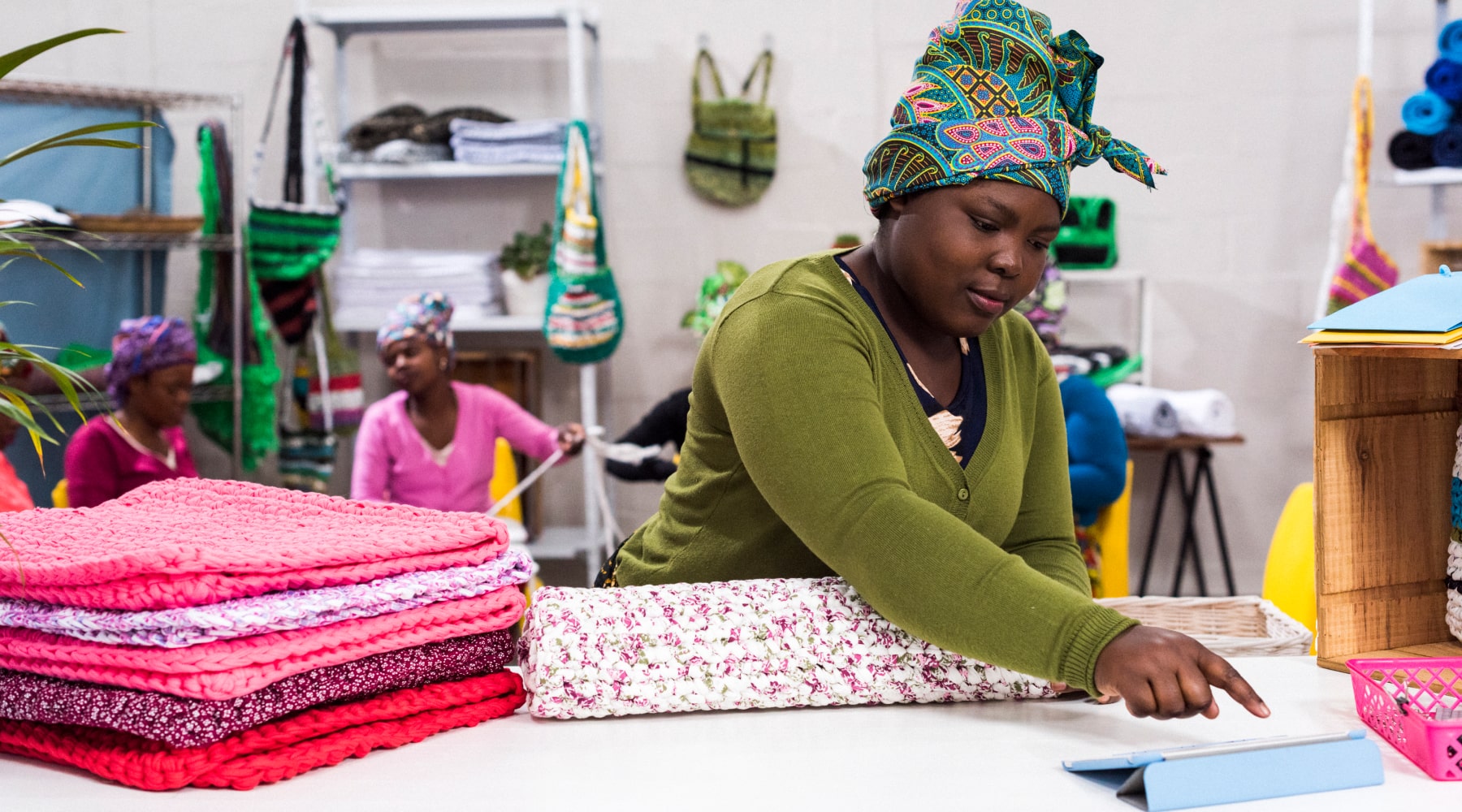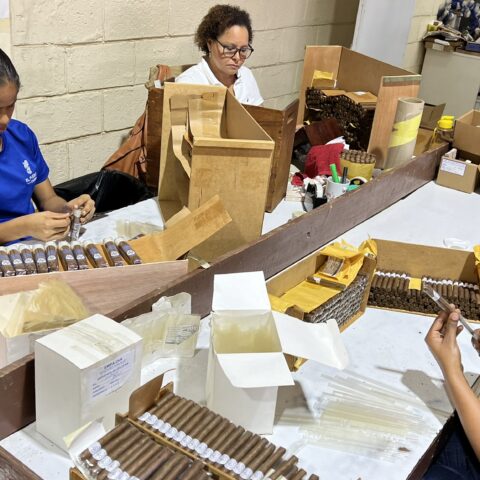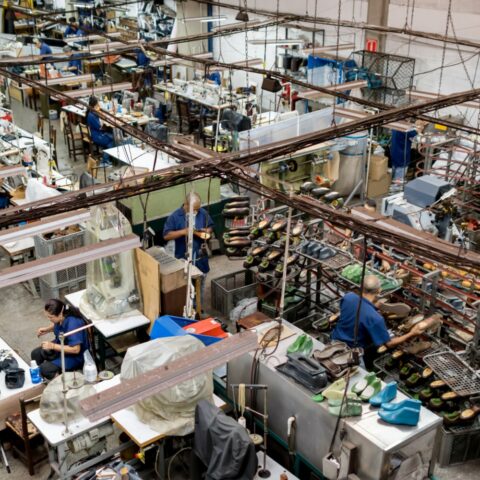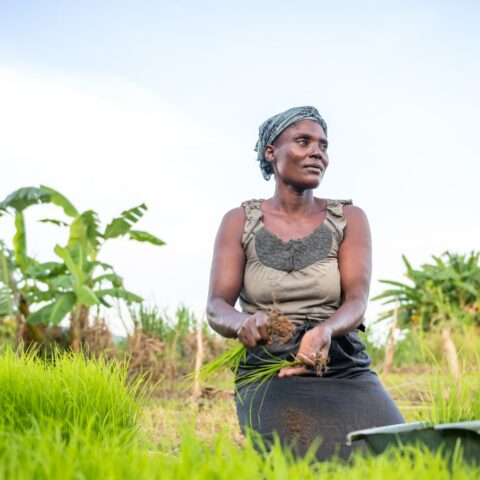It would be hard to overstate the importance of MSMEs to the economic and social fabric of low and middle-income countries. Empowering MSMEs in accessing global markets creates jobs, raises living standards, and ultimately leads to poverty reduction.
Yet resource-stretched MSMEs are often excluded from the benefits of global markets, as seen in two Alliance project countries on separate continents experiencing similar challenges and opportunities.
Our work in assisting MSMEs in these and other project countries through trade facilitation generates direct opportunities for expansion, leading to job creation and feeding into broader economic growth. By emphasising digitalisation and implementing practical, targeted, and measurable reforms, Alliance projects enable businesses of all sizes to trade more easily, with resource-stretched MSMEs standing to gain most. The Alliance is a conduit for small business to participate in shaping trade facilitation, providing a platform for invaluable input at every stage of project development and implementation.





